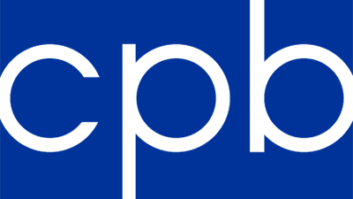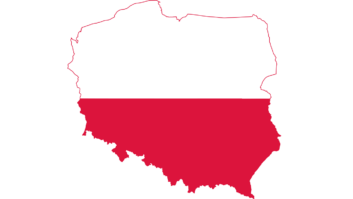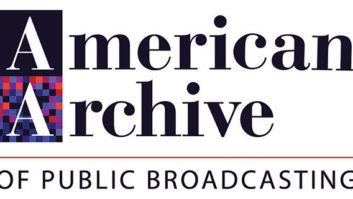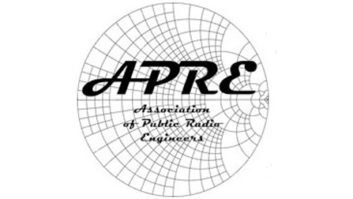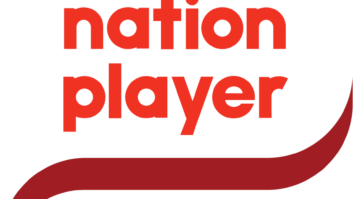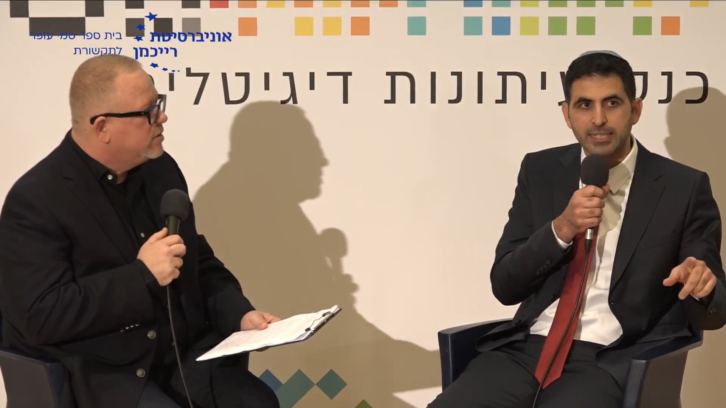
The strongly conservative coalition government headed by Prime Minister Benjamin Netanyahu’s Likud party that was formed at the end of December is staking out its positions, including a full rethinking of government support for public broadcasting.
On Jan. 9, the new communications minister, Shlomo Karhi, told attendees of the DIGIT 2023 digital journalism conference that the new government will seek to shut down the Israeli Public Broadcasting Corp., which is branded as Kan (כאן) in Hebrew, and privatize the Israeli Defense Forces’ Army Radio.
“In my view, there is no place in this day and age for a public broadcaster when there is a wide range of channels,” Karhi said, according to a report from The Times of Israel. Karhi has noted that Israel spends about ₪1 billion (about $291.1 million) annually on public broadcasting.
Karhi said he would outline his plans for the communications sector in the government’s upcoming budget, which is expected to be released in a few weeks. He hinted that changes would also be forthcoming for the two agencies charged with regulating commercial broadcasting, the Cable and Satellite Council and the Second Authority.
This is not the first time Karhi has expressed a desire to end government support of public-service broadcasting. On election night, once it was clear Likud had won a majority and would seek to form a governing coalition, Kan political reporter Michael Shemesh asked Karhi when the new government would move to shutter Kan.
Karhi replied, according to Harretz, “We don’t intend to close Kan, but the public shouldn’t have to finance public broadcasting in a country that believes in the free market and competition. You have respectable panels and good programs – compete in a free market.”
[Sign Up for Radio World’s SmartBrief Newsletter]
The European Broadcasting Union issued a statement of concern on Jan. 3 regarding Karhi’s remarks targeting Kan and public-service broadcasting.
“Independent news and information form an integral component of public service media organizations and make a key contribution to media pluralism in well-functioning democracies,” stated EBU Director General Noel Curran. “With the primary interest of the public in mind, that directly funds Kan, we trust the new government will also safeguard the independence of Kan and enable it to continue to fulfil its mission in democratic society.”
In the statement, the EBU noted that a functioning, independent public-service broadcaster is required for EBU membership. Previously, in 2017, the then Likud-led government backed away from plans to shutdown Kan’s news operations, which had been viewed as critical of the government, after the EBU warned the county’s participation in the Eurovision Song Contest would be at risk.
Tthe Israeli Press and Communications Council, a voluntary body that acts as watchdog for ethical, independent journalism in the country, also issued a call for the public to speak out in support of maintaining an independent public-service broadcasting sector in Israel.
Kan was founded in 2015 as a successor to the previous public-service broadcaster, Israel Broadcasting Agency. It operates eight FM and three television channels, along with several online-only audio services.





